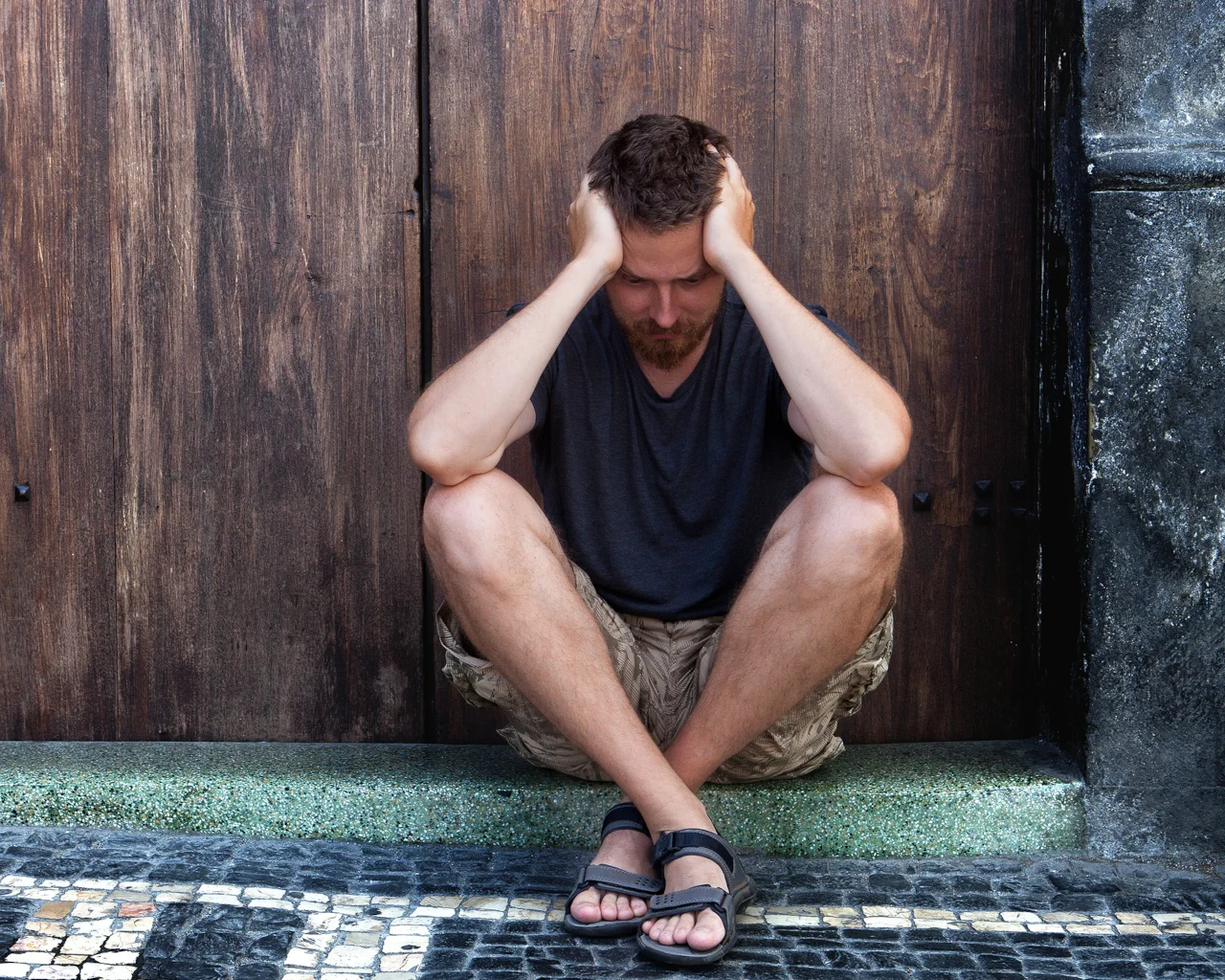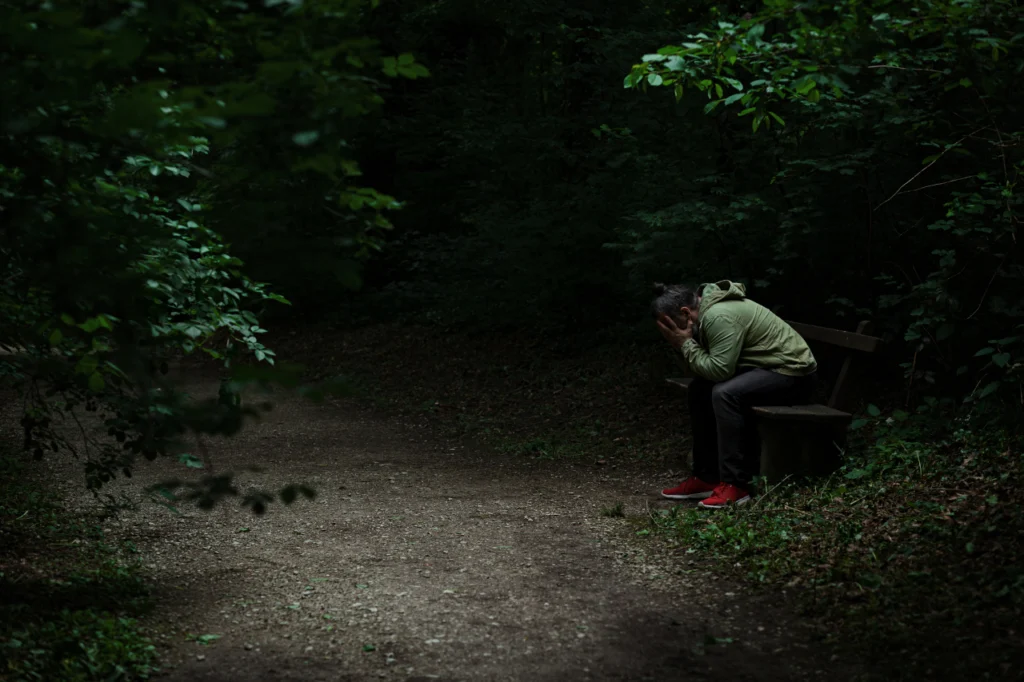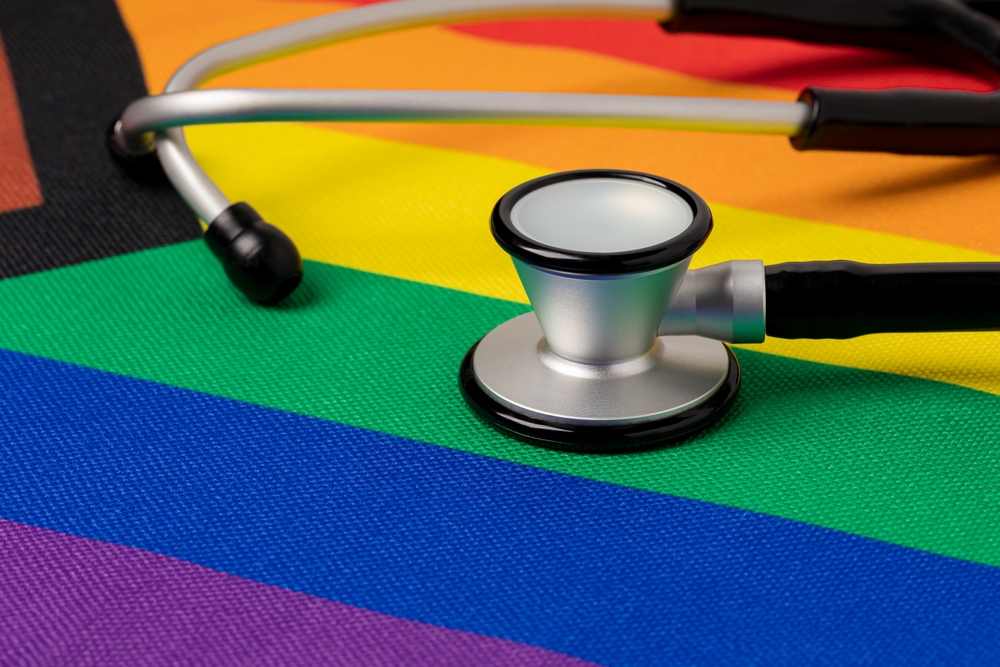Marijuana Addiction Treatment and Rehab Options
The legalization of marijuana for medicinal and recreational use has provided new opportunities for clinical research. Studies show a growing awareness around cannabis dependency, marijuana addiction and negative health consequences to extended and excessive use.
The concentration of tetrahydrocannabinol (THC), the cannabinoid that’s mainly responsible for its addictive effects, in products sold in dispensaries has more than doubled since legalization. The accompanying increase in psychoactive effects on brain development and functioning is indicative of the addictive nature of marijuana.

What is Marijuana Addiction?
Marijuana, cannabis, pot, weed, maryjane, hash and hashish, bud, ganja, grass and bhang all refer to the plant that contains tetrahydrocannabinol (THC). These plants are in the hemp family and also contain cannabinoids known as CBD. There are over 700 different strains of cannabis. Each contains different levels of THC. There are also synthetic chemicals illicitly produced such as K2 and Spice.
Cannabinoids such as Delta 10 and Delta 9 are types of compounds used in vapes, gummies and CBD oils. These CBDs are found in marijuana but don’t produce the same psychoactive effect THC does unless THC is present.
CBD can be naturally separated from THC and be useful for pain management, sleep enhancement, anxiety and relaxation. The presence of THC produces a high psychoactive effect that can last for hours. In cases of extremely high levels of THC, psychosis has occurred.
THC in cannabis can become addictive. The DSM-5 designated cannabis use disorder (CUD) as “a problematic pattern of cannabis use leading to clinically significant impairment or distress.” If a person wants to stop using marijuana and can’t stop without an intervention, they’re most likely cannabis dependent.

The CDC indicates that three in ten persons who use cannabis develop dependencies. That’s a 30% likelihood that a person who becomes dependent also becomes addicted, including those who started in their youth and couldn’t stop.
It’s long been purported that marijuana is a “gateway drug” and people start using more dangerous drugs if they smoke pot. Researchers have indicated this is a myth. Another myth is that marijuana is medicinal and can’t become addictive. The opioid crisis has demonstrated that even prescription medication can cause dependency and then addiction.
Any psychoactive drug can lead to dependence and addiction. Physical dependence refers to the physiological state where the body has adapted to the presence of the drug and requires it to continue functioning. When the drug is stopped, the body and brain withdraw and fight to reintroduce the drug to the system. That’s why cravings can be so strong.
Dependence is a physiological state of the body, while addiction is a behavioral diagnosis of seeking drugs in spite of negative consequences. They can go hand in hand, but not always. Some people may be dependent on medication and not be addicted. The difference is when the negative consequences don’t deter use.
Marijuana Addiction Symptoms
Symptoms of cannabis use disorder are as but not limited to mental and emotional symptoms. These include the following:
- Feeling angry and depressed when “coming down”
- Feeling attached to people who aren’t really friends
- Confused identity, a sense of not belonging in your own body
- Not having purpose or meaning in life except to get high again
- Paranoia, grandiosity, and anxiety
- Schizophreniform psychosis can occur
Physical symptoms are also involved. These include cravings and the following:
- Increased tolerance and needing to use more to get the same high
- Significant cognitive decline and memory problems
- Physical problems with respiratory system or heart problems similarly to tobacco use
- Headaches, sinus problems
- Feeling tired all the time, sleeping more than usual
- Red eyes, blurred vision
- Overeating without being hungry (munchies), craving sugars and carbs.
Finally, behavioral symptoms may be present. You may experience the following:
- Using more often than intended
- Trying to quit and failing to do so
- Continued use even though it causes problems in life, physically, psychologically, socially
- Avoiding people, places and things that you would normally do
- Engaging in high risk behaviors, like going to dangerous places to get more
- Using greater quantities and frequently than intended
- Doing things for other people you would not normally do for the sake of getting more
Long Term Ramifications of Extended Marijuana Use
Researchers indicate permanent memory loss and lower brain functioning after extended use of cannabis. There are also increased cancer risks in the lungs, mouth, and esophagus. Additional sites for cancer include head and neck regions and the brain.

These risks are similar to those associated with tobacco usage. The legalization of cannabis allows for more investigation into the long term effects, symptomatology of addiction, and short term benefits.
Am I Addicted to Marijuana?
If you can answer yes to three or more of these questions, you may have an addiction to cannabis.
- Have you tried to stop using marijuana in any type of delivery system and found you can’t stop?
- Do you come down off marijuana only to want to get high again immediately?
- Are you using marijuana first thing in the morning and last thing at night (the so-called “wake and bake” or have to for sleep)?
- When the high wears off, are you grumpy/angry or depressed?
- Are you avoiding people you would normally hang out with to be around others who use marijuana?
- Has your lifestyle changed significantly to revolve around getting marijuana, using it, and getting more?
- Do most of your relationships center around the use of cannabis?
- Are you experiencing significant life problems, like DWI, loss of job, financial difficulties because of your use of marijuana?
Marijuana Detox
Medication assisted detox isn’t necessary in many cannabis addiction treatment programs since withdrawal usually isn’t life threatening. However, care in a protected treatment environment can reduce the risk of relapse. Peer support and therapy assist in completing the detox process.
Some treatment centers use medications that help with relaxation, appetite stimulation, and sleeplessness to make the process more comfortable. Mood disorders often accompany cannabis withdrawal.
Some treatment providers prescribe meds to level out the highs and lows. It’s important to report all substances used alongside marijuana, if any, to create an accurate detox plan.
The body stores THC in fat cells and purging that stored chemical from the system is different for everyone. It’s a myth to assume everyone becomes clear of THC in 30 days. It depends on how much and for how long has been used and how much fat is in the bloodstream.
One myth about detoxing off marijuana is that flushing your system with teas, water, electrolytes and other types of fluids creates negative toxicology screens.
This is a myth because the screens come back as diluted and are often considered positive by treatment providers and court systems. Too much fluid can rob the body of important electrolytes and cause dehydration.
The best way to detox off marijuana is to eat high vitamin rich and fiber foods, drink water, and engage in moderate to low exercise routines. Hydration is a natural cleanser, and most people don’t drink enough water. A vitamin rich diet starts to replace carbs and sugars that were loaded up with THC.
Watch for “Using Dreams”
One symptom of detoxing off marijuana not often talked about is the “using dream.” This is when a dream is so real, the brain actually thinks it has received the drug again. When waking, a person may not know if they’ve relapsed. These using dreams can go on for several years, depending on how long and how much a person used.
The best way to deal with using dreams is to ground yourself when you wake up, check in with peer support, and give yourself credit for not really relapsing. More research is needed into using dreams, but many treatment providers believe using dreams are an indication of dying neural pathways formed during substance use.
Quitting Cannabis: Challenges and Support
Treatment centers abound that support the process of quitting cannabis use. It’s like any other addiction that requires detox, peer support, therapy and ongoing counseling to support a lifestyle change.
What makes quitting so difficult is the unknown factor. A user may wonder what life is like without marijuana. They may wonder how they’re going to sleep or function without it. This is why just quitting by yourself is so difficult, and support is essential.

One big barrier to quitting marijuana use is the change in social environment. If all your friends use marijuana, then new friendships must be formed.
If you live in an environment where everyone uses marijuana, your living situation has to change. The barriers to quitting any addiction involve changing people, places and activities used during addiction. Any sentimental attachments may be difficult to leave behind.
Co-occurring and dual diagnosis mental health challenges also present barriers to quitting. This is why engaging professional support is critical. Using substances often masks the underlying physical and mental issues associated with self-medicating.
Full assessments and evaluations of the whole person work in tandem to design a successful program. Avoiding professional intervention and “white knuckling” detox and abstinence has proven unsuccessful in building a new lifestyle without marijuana.
Marijuana Addiction Treatment Options
Many treatment centers provide inpatient and outpatient treatment options. They use evidence-based treatments such as cognitive behavioral therapy (CBT), eye movement desensitization and reprocessing (EMDR) and dialectical behavior therapy (DBT).
Contingency management (CM) uses positive reinforcement when people reach recovery goals. Holistic therapies like meditation, mindfulness, art and music therapy, and movement and equine therapies also complement your recovery.
Most programs focus on addressing core issues such as trauma, abandonment, abuse, and neglect that create personality and mood disorders during development.
Providers focus on developing emotional intelligence, building tolerance to emotions and managing emotions to help people build new skills that empower them to cope with hardships that can trigger substance use.
Marijuana Rehab Programs
The difference between inpatient and outpatient programs is generally the length of stay. Inpatient programs can last from 25 to 45 days and may incorporate medication assisted treatment for detox. These programs provide 24/7 nursing supervision, therapeutic programming, and a secure environment to begin the recovery journey.
Outpatient programs last as long and necessary for you to feel safe in your new lifestyle.

They can look like partial hospitalization care (PHP) that meets for 4-6 hours per day, intensive outpatient programming (IOP) consisting of 10-12 hours per week, or outpatient programming consisting of 3-6 hours per week. These programs usually meet in groups to build peer support systems.
Aftercare planning consists of individual sessions for as long as you feel you need it.
Most programs take some types of insurance, and many are also self-pay. Ask your insurance carrier for in network options.
Finding the Right Marijuana Rehab Center
Look for a program that has licensed professionals providing services. Accreditation from national organizations like The Joint Commission or CARF is also important to confirm their quality levels of care.
Questions to Ask Before Enrolling
- Does your program specialize in cannabis use disorder?
- Are your clinicians experienced in treating marijuana addiction?
- What’s the structure or course of treatment recommended for cannabis use disorder treatment? Inpatient, outpatient, aftercare?
- Are toxicology screens used to measure success? Can I see the results and see how THC is leaving my system over time?
- Is there an alumni program, ongoing referrals for aftercare, and support for after I finish treatment?
Marijuana Addiction Frequently Asked Questions
Yes. Most treatment centers address cannabis use disorders along with other addictions. Just ask them to make sure they have expertise in that area.
Yes. But medication assisted treatment may not be warranted.
Yes. Relapse rates for marijuana addiction are much lower than other substances.
It varies. The longer you stay in treatment, the higher the chances of sustaining a lifestyle change.
It’s necessary to detox if your body has become dependent. Detox can be uncomfortable and some medication may make it easier. THC can take a long time to fully leave the system.
Yes, the body and brain can become dependent on any substance, including THC.
Getting Started
Substance use disorders aren’t easy to address, and even acknowledging cannabis misuse is difficult. Using online resources like TreatmentCentersDirectory.com can be the first step to retaking control of your future and pulling the weed out of your own garden of life.
More Specialty Rehab Programs

Executive Drug Rehab
Professional and Executive Drug Rehab Professionals, especially those in high level positions, such as business executives, and medical professionals, including

Holistic Drug Rehab
Holistic Alternatives to Substance Use Treatment Holistic drug rehab and substance abuse treatment are becoming increasingly available as more people

LGBTQ Drug Rehab Programs
LGBTQ Oriented Substance Use Treatment Lesbian, gay, bi-sexual, transgender, and queer (LGBTQ)-identifying adults are more likely than straight adults to